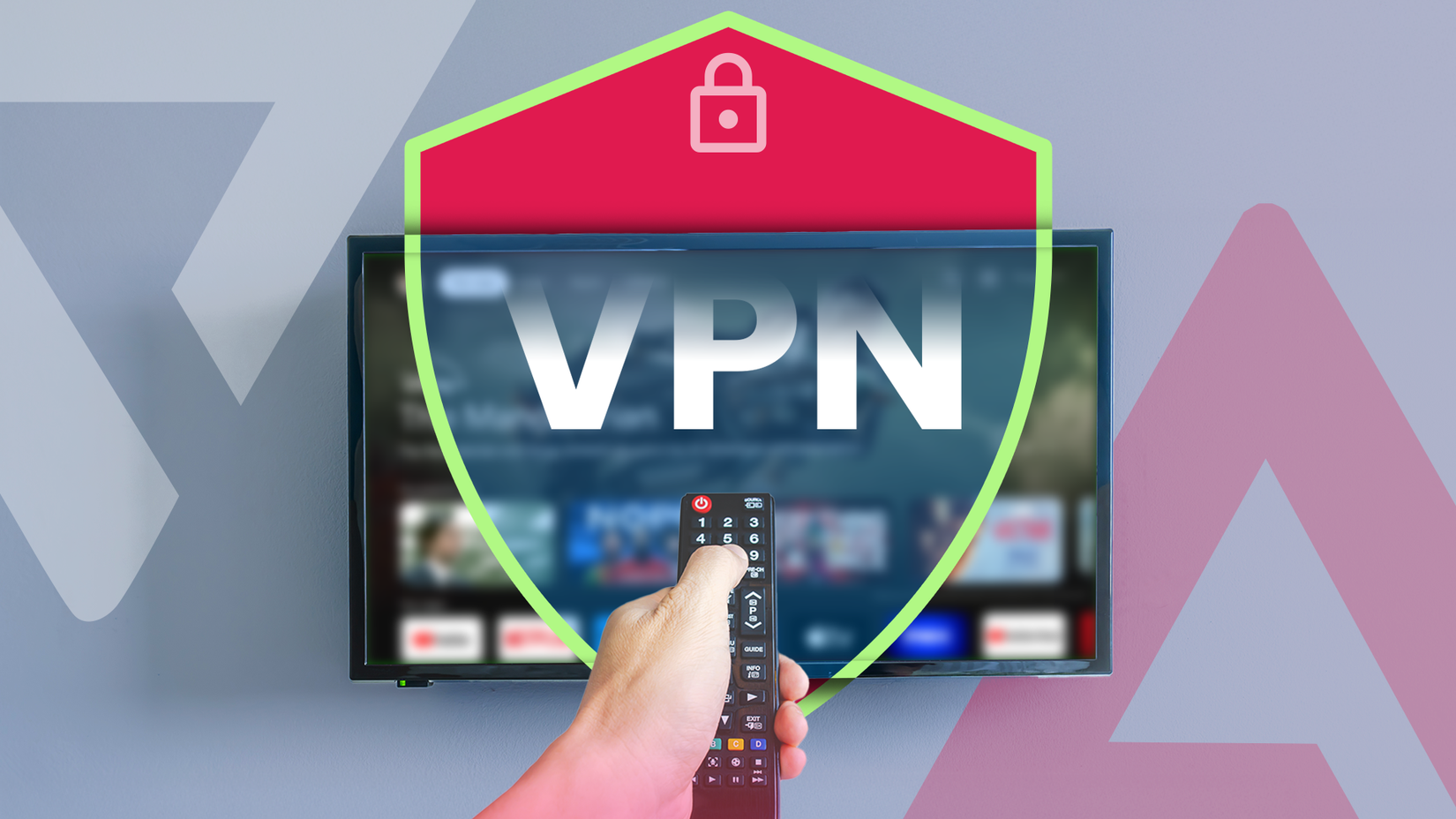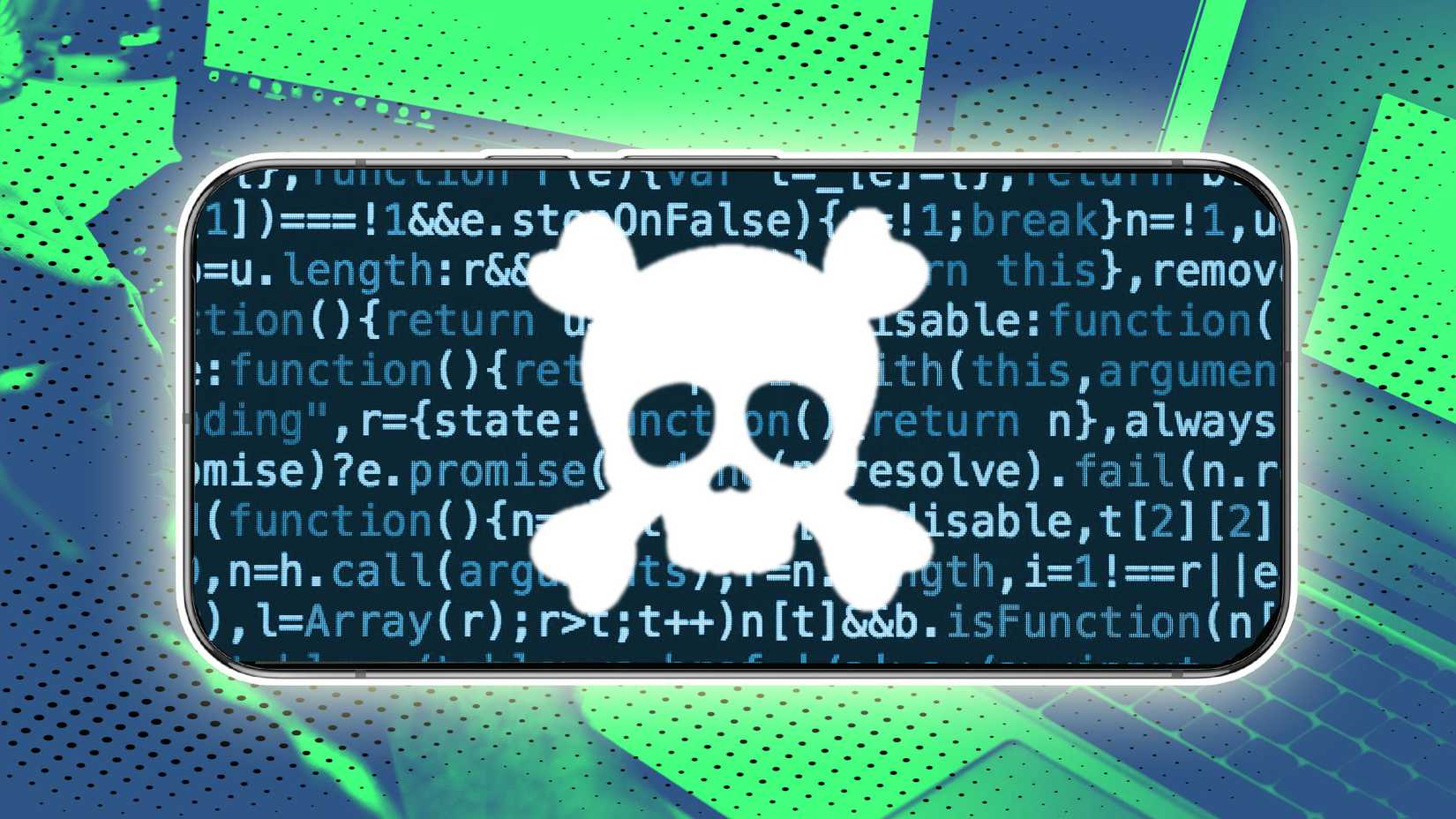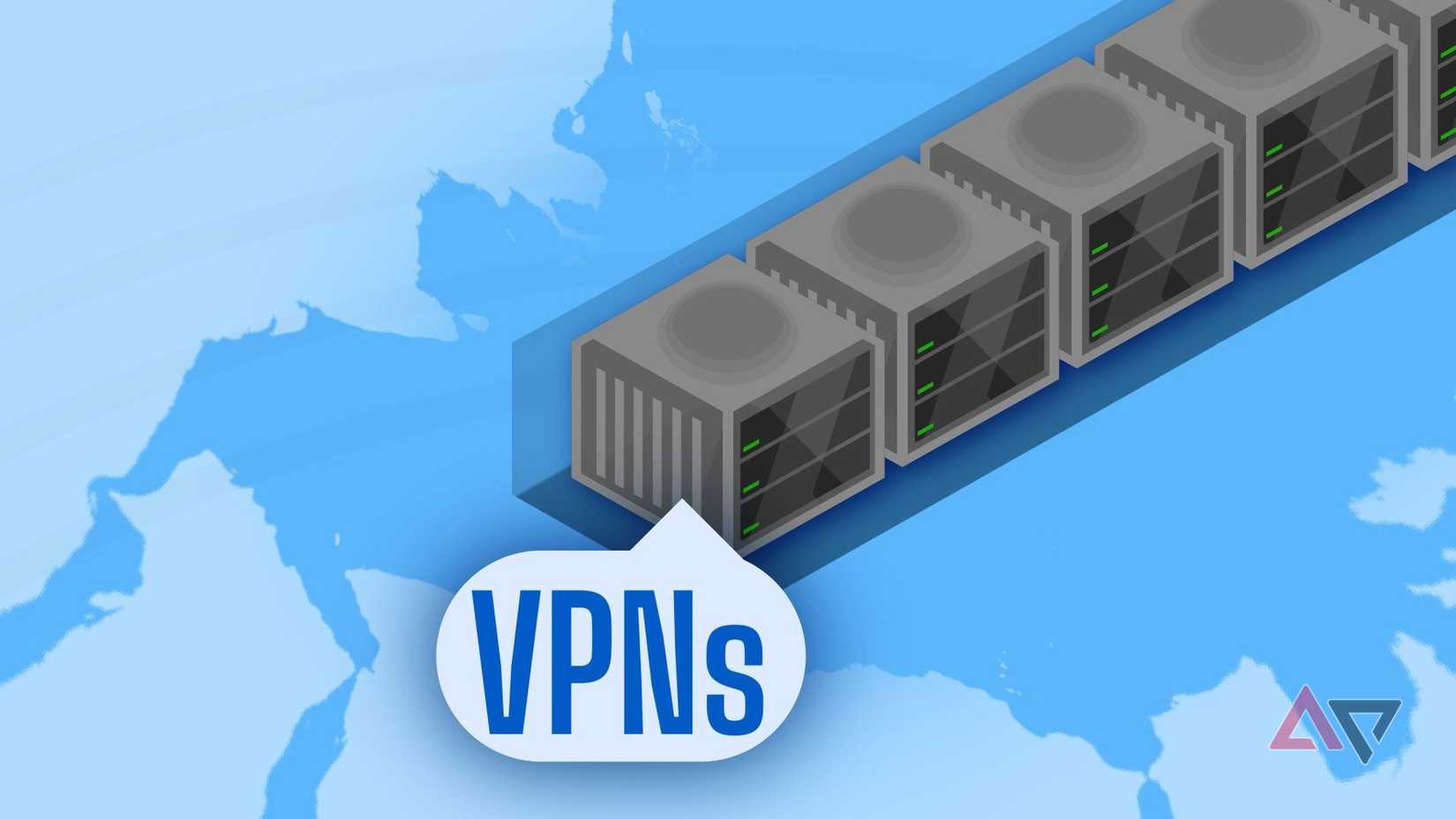Before I began my deep dive into VPNs, I was always convinced that VPNs were best used only in specific situations.
VPNs have plenty of great uses. They can help you access geo-blocked content, hide your IP address, and encrypt your connection to protect your digital footprint.
But there are some cons to using one as well. Not all VPNs are trustworthy; some slow down your connection and even log your data.
That’s where I decided that the most important aspect is ensuring you choose the right service and that you’re aware of how you use it (evaluate what you need it for).
After years of using a free VPN and only using a paid NordVPN subscription, I was shocked by the massive difference it made, and why I think paying for a VPN subscription, even if only temporarily, is well worth it.
Assess why you want to use a VPN in the first place
Depending on your situation, a VPN might not be the answer
Before paying for a VPN service, know exactly what you need it for and how often you’ll use it. Remember that sometimes a VPN just isn’t worth the price or risk.
For me, one reason to use a VPN service alone is to access websites that forcefully redirect me or even lock me out because of my detected location. I started using VPNs because I couldn’t access download links to open betas on my computer.
Without a VPN, I also struggled to find the correct pricing for products (often websites would convert prices to CAD, and, based on some experiences, not all CAD price tags converted 1:1 to USD, so I needed a better way to double-check than to pester my US friends and colleagues).
A VPN helped me deal with some of those issues.
However, a VPN didn’t entirely solve the issue of geoblocking. I struggle to download apps that aren’t available on the Canadian Play Store. As a result, I needed to sideload or use a new app store that offers them.
A VPN also doesn’t help with accessing paywalled services. As much as I’d love to use Hulu, creating a US account and using a digitized US payment method creates unnecessary complications I’d rather avoid.
It does, however, help me access US content on other streaming services I’ve already subscribed to.
VPNs can also generate a false sense of security. While it does help with privacy, a VPN service doesn’t actually secure your data.
Instead, a VPN masks your data while in transit (keeping it confidential from your ISP), but what you do with it before and after is entirely up to you.
It also doesn’t replace an antivirus or protect you from a data breach. Its primary objective is to help protect your privacy while your data is in the tunnel.
Why free VPNs can be terrifying
Don’t get scammed by an unknown free VPN service
Before I dive further into the cons of using free VPNs, know that this doesn’t apply to all free VPN services.
For example, Google has a free VPN service for the Google Pixel 7 and newer.
But the cons stem from its limited capacity, which can also slow your speed and drain your battery. The supported country VPN addresses are limited, and there is no country selection.
Free VPNs offer less security than paid ones. A free VPN might not have a kill switch, which is important for security.
A kill switch is used if your VPN suddenly drops connection to prevent your data from being exposed and leaked.
The kill switch will automatically disconnect you from the internet, keeping your data protected. It’s one of the most essential pieces for ensuring security while using a VPN.
Some free plans include a kill switch, like Proton VPN and Hotspot Shield, but it is more common for them not to.
Other free VPNs may use outdated security. For example, if the encryption is weak, attackers can exploit it. Data like your login credentials and financial information can now become wide open to malicious actors who can see and intercept it.
Using an older VPN protocol, such as PPTP, introduces well-known vulnerabilities. Modern VPN protocols that offer more robust security to encrypt your traffic include WireGuard, OpenVPN, and SSTP, which are often found in paid or highly reputable VPN services.
Free VPNs might not respect your boundaries
You are likely paying the price of using it
Free VPNs need to make money somehow. The service might log or sell your data or inject ads directly into your web browser.
Avira Phantom VPN (free version), for example, logs your data (mainly for statistics and diagnostic purposes), and the company is based in a 14-Eyes jurisdiction, allowing it to hand over data if requested.
There are worse options, though, for example, P2P VPNs.
I remember using Hola VPN for years. It isn’t considered a safe option, and I wasn’t aware of why when I used it.
Hola VPN risks your privacy by routing your traffic through other people’s devices rather than through a secure VPN server. Your IP address becomes exposed and can be used by others when this happens. The free version also offers no encryption.
The model is complete P2P (peer-to-peer), and the service heavily monetizes your data.
Google even temporarily removed the Hola VPN app on the Google Play Store until the company became transparent about its P2P network model and fixed its service vulnerabilities.
These apps prey on your data, and even if they’re not considered direct malware, they are still somewhat malicious by nature, doing what they can to track all their users’ data and compromising safety.
Don’t believe in all the mentioned promises
Next time you spot a free VPN service that promises no speed slowdowns, no bandwidth limitations, full access to the server list (with many countries supported), robust security, and a complete zero-logs policy, make sure you check the fine print carefully and thoroughly.
A free VPN service, especially if it is offered as an app or a web extension, might be too good to be true.
Luckily, I moved away from Hola VPN and set up Proton VPN instead, even though the limited experience was frustrating.
But it turns out the caveats of the more trusted free VPN services are well documented, so expect significant limitations compared to their paid options.
Otherwise, you’re surviving on free trials offered by the paid options.
NordVPN taught me what a full-featured VPN would look like, and I’m thankful for that; otherwise, it might have taken me longer to completely stop using random free VPNs that prey on my data.




